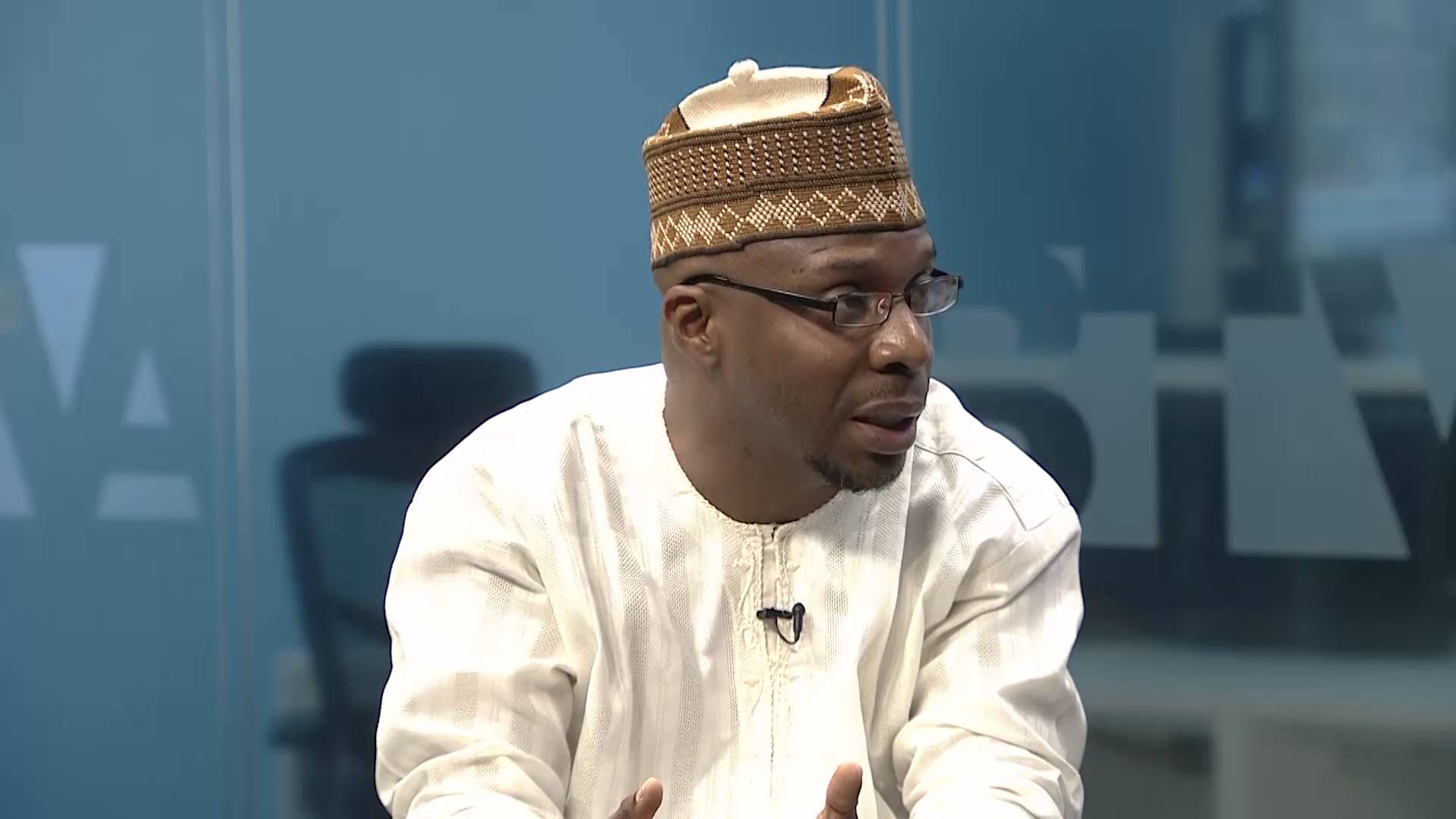Inflation in Nigeria increased to 12.34 percent year-on-year in the month of April 2020, data from the National Bureau of Statistics (NBS) said on Thursday afternoon.
The agency said the inflation figure recorded a marginal 0.08 percent increment when compared with the rate it was in March 2020, which was 12.26 percent.
The rise was attributed to increase in food prices during month as well as the effect of the lockdown in the whole of April due to the coronavirus pandemic.
According to the NBS, the composite food index last month rose by 15.03 percent from 14.98 percent in March 2020
“This rise in the food index was caused by increases in prices of potatoes, yam and other tubers, bread and
cereals, fish, oils and fats, meat, fruits and vegetables,” a report from the Mr Yemi Kale-led agency said.
The inflation figure for April fell below projections made by analysts, including the Financial Derivatives Company, which forecast about 14 percent rise due to the movement cessation in the month.
The stats office said on month-on-month basis, the headline index increased by 1.02 percent in April 2020, about 0.18 percent rate higher than the rate recorded in March 2020, 0.84 percent.
The agency stated that the urban inflation rate increased by 13.01 percent year-on-year in April 2020 from 12.93 percent recorded in March 2020, while the rural inflation rate increased by 11.73 percent in April 2020 from 11.64 percent in March 2020.
In addition, on a month-on-month basis, the urban index rose by 1.06 percent in April 2020, up by 0.18 from 0.88 percent recorded in March 2020, while the rural index also rose by 0.98 percent in April 2020, up by 0.18 from the rate recorded in March 2020, 0.80 percent.
It further said the corresponding 12-month year-on-year average percentage change for the urban index was 12.26 percent in April 2020. This is higher than 12.15 percent reported in March 2020, while the corresponding rural inflation rate in April 2020 was 11.20 percent compared with 11.14 percent recorded in March 2020.
The NBS said in April 2020, all items inflation on year-on-year basis was highest in Bauchi (14.44 percent), Sokoto (13.99 percent) and Plateau (13.68 percent), while Edo (10.87 percent), Abuja (10.81 percent) and Kwara (8.98 percent) recorded the slowest rise in headline year-on-year inflation.
On month-on-month basis, however, April 2020 all items inflation was highest in Akwa Ibom (2.01 percent), Oyo (1.91 percent) and Abia (1.81 percent), while Edo, Enugu and Bayelsa recorded price deflation or negative inflation (general decrease in the general price level or negative inflation rate).
Furthermore, In April 2020, food inflation on a year on year basis was highest in Sokoto (17.88 percent), Akwa Ibom (17.55 percent) and Abuja (17.65 percent), while Ebonyi (13.04 percent), Edo (12.90 percent) and Enugu (12.89 percent) recorded the slowest rise.
On month-on-month basis, however, April 2020 food inflation was highest in Akwa Ibom (2.65 percent), Lagos (2.49 percent) and Oyo (2.33 percent), while Bayelsa, Ebonyi and Enugu recorded price deflation or negative inflation (general decrease in the general price level of food or a negative food inflation rate).
